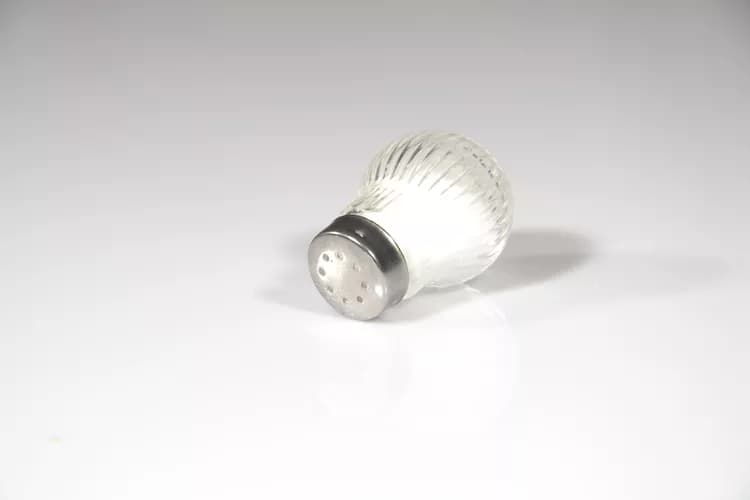
Did Amount Of Sodium Households Acquire In Packaged Food, Beverages Decrease?
Excessive dietary sodium is a modifiable risk factor for hypertension and cardiovascular disease, and the Institute of Medicine has said it is essential to reduce sodium in packaged foods. Yet, not much is known about whether sodium in packaged foods has changed over the past 15 years. A new article published by JAMA Internal Medicine tries to answer that question.
Jennifer M. Poti, Ph.D., of the University of North Carolina at Chapel Hill, and coauthors used data obtained from The Nielsen Company from the 2000 to 2014 Nielsen Homescan Consumer Panel on packaged food and beverage purchases by U.S. households. Household members used a barcode scanner to record their purchases.
Among a sample of 172,042 U.S. households:
- The amount of sodium households acquired from packaged food and beverage purchases decreased between 2000 and 2014 by 396 mg/day per capita (the amount of sodium in milligrams purchased daily per person) from 2,363 mg/day to 1,967 mg/day.
- The sodium content of households' packaged food purchases also decreased by 49 mg/100 g (the amount of sodium relative to the amount of food), a 12 percent decline.
- The average sodium content of households' purchases decreased for all top food sources of sodium between 2000 and 2014, including declines of more than 100 mg/100 g for condiments, sauces and dips and salty snacks.
- Still, less than 2 percent of U.S. households had total packaged food and beverage purchases with optimal sodium density of 1.1 mg/kcal or less.
Limitations of the study include that households do not report whether all foods purchased were consumed, so the data do not reflect sodium intake.
"The slow rate of decline in sodium from store-bought foods suggests that more concerted sodium reduction efforts are necessary in the United States. Future studies are needed to examine sodium trends by race/ethnicity and income to identify vulnerable subpopulations that further interventions should target," the article concludes.
Materials provided by The JAMA Network Journals. Note: Content may be edited for style and length.
Disclaimer: DoveMed is not responsible for the accuracy of the adapted version of news releases posted to DoveMed by contributing universities and institutions.
Primary Resource:
Poti, J. M., Dunford, E. K., & Popkin, B. M. (2017). Sodium reduction in US households’ packaged food and beverage purchases, 2000 to 2014. JAMA Internal Medicine. DOI: 10.1001/jamainternmed.2017.1407
Related Articles
Test Your Knowledge
Asked by users
Related Centers
Related Specialties
Related Physicians
Related Procedures
Related Resources
Join DoveHubs
and connect with fellow professionals

0 Comments
Please log in to post a comment.